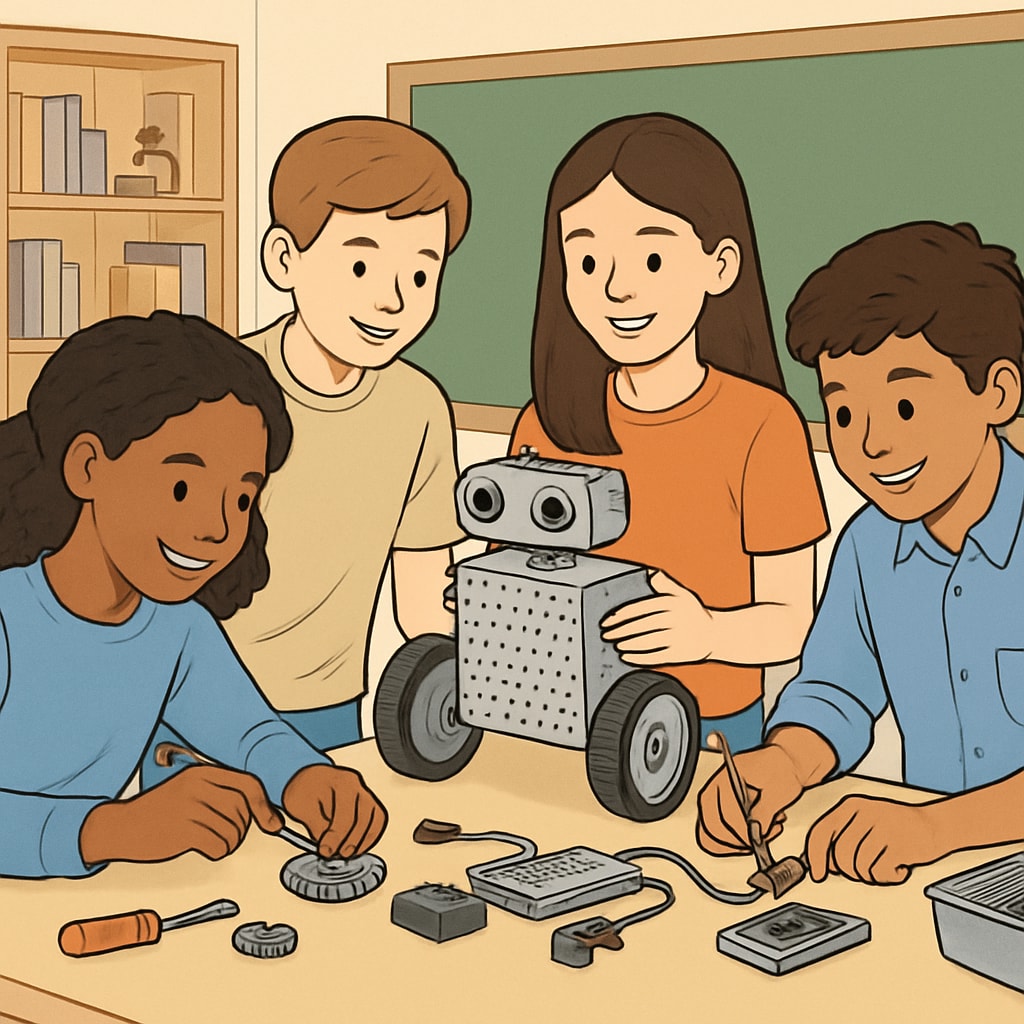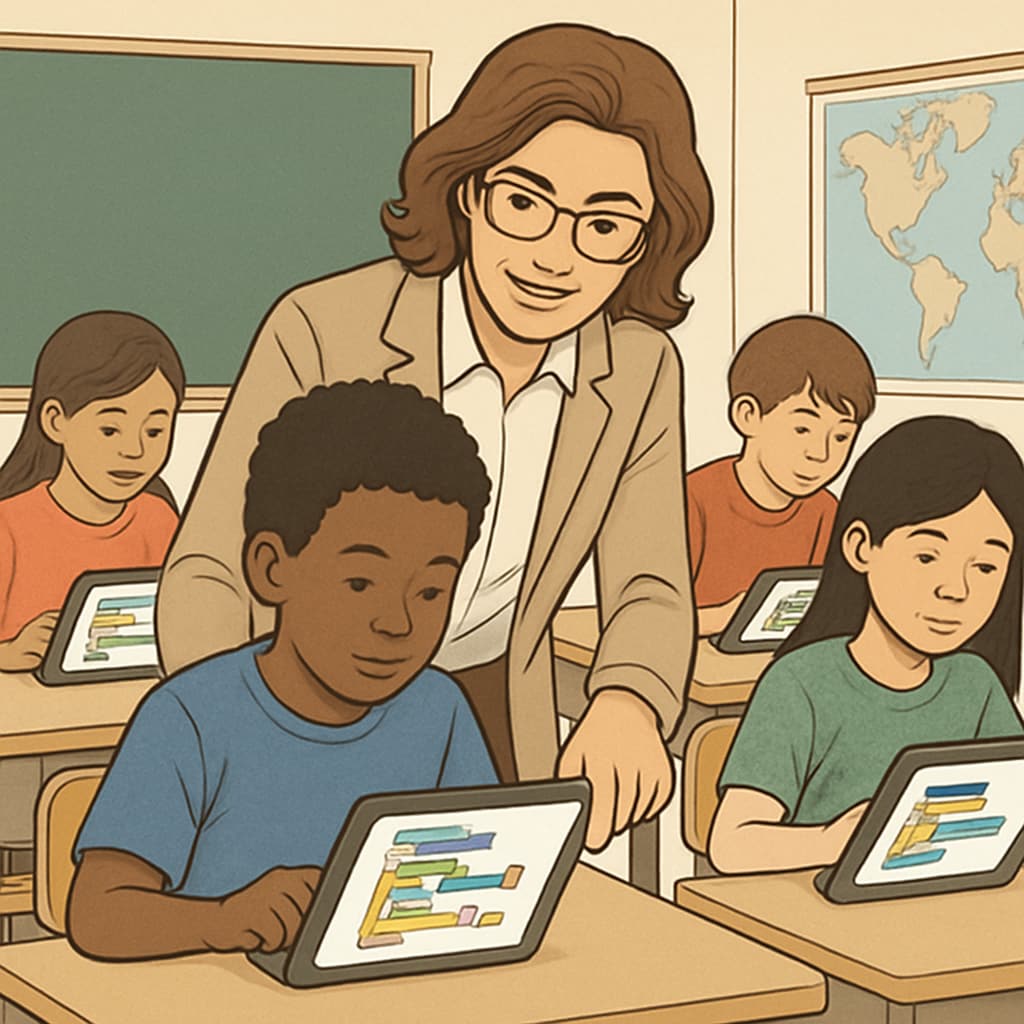Artificial intelligence, higher education, and career prospects are undergoing radical transformation as AI systems demonstrate unprecedented capabilities in knowledge processing and task automation.

The World Economic Forum predicts 85 million jobs may disappear by 2025 due to AI, while creating 97 million new roles requiring different competencies. This seismic shift demands urgent reevaluation of how K12 education prepares learners for unpredictable futures.
Redefining Core Competencies in the AI Age
Traditional education models emphasizing rote memorization are becoming obsolete. Instead, schools must prioritize:
- Meta-learning skills: Teaching students how to learn, unlearn, and relearn (a concept detailed in Wikipedia’s learning to learn article)
- Complex problem-solving: Nurturing the ability to frame ill-defined problems
- Human-AI collaboration: Developing complementary skills where humans outperform machines
The Evolving Value Proposition of Higher Education
As AI masters technical skills faster, universities face existential questions. A Britannica analysis of AI shows systems now outperform humans in specific knowledge domains. Consequently, K12 programs should:
- Integrate interdisciplinary project-based learning
- Foster emotional intelligence and creativity
- Teach ethical reasoning for responsible technology use

Four Future-Proof Skill Clusters
Research identifies durable competencies that AI is unlikely to replicate soon:
| Skill Category | Implementation Example |
|---|---|
| Creative Innovation | Design thinking workshops starting in elementary grades |
| Contextual Intelligence | Cultural immersion projects with local communities |
Transition guidance: Schools should therefore balance technical literacy with distinctly human capabilities, using AI as a collaborative tool rather than viewing it as competition.


